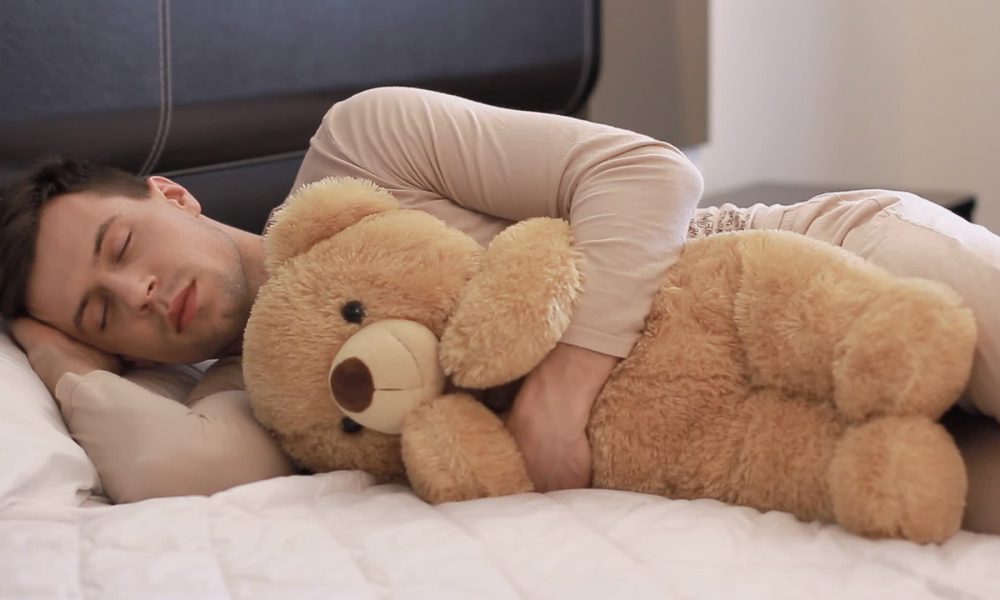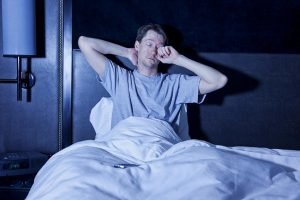
 This article is told from my personal experience dealing with sleep apnea. I believe I was about 20 years old when I started noticing myself jerking out of sleep while gasping for air, which was a pretty terrifying experience. I would even find myself “choking” while dozing off on my way home from work on the bus. I was constantly tired during the day, and didn’t really understand what was going on or could be wrong with me.
This article is told from my personal experience dealing with sleep apnea. I believe I was about 20 years old when I started noticing myself jerking out of sleep while gasping for air, which was a pretty terrifying experience. I would even find myself “choking” while dozing off on my way home from work on the bus. I was constantly tired during the day, and didn’t really understand what was going on or could be wrong with me.
I decided to go to to a sleep lab to see what could be done. After some check ups, the doctor diagnosed me with obstructive sleep apnea, which means my breathing goes very shallow during my sleep to the point it even pauses, accompanied by very loud snoring.
These pauses in breathing are the result of the narrowing of the throat which then cannot deliver oxygen to the brain that, under normal conditions, would cause the brain to trigger the sleeper to jerk out of their state. As you would figure, it is very important to treat sleep apnea, as it can cause severe problems in the future if left untreated.
The Long Term Dangers of Sleep Apnea Include:
*High blood pressure
*Diabetes
*Weight gain
*Acid Reflux
*Fatigue
After being diagnosed, I consulted my personal physician about the matter. The doctor has taught me that there are a few ways to deal with sleep apnea.
Exercise
A very important factor in dealing with sleep apnea is weight loss, which can be reduced by exercise. But exercising can also give you a good night’s sleep despite your condition.
Weight Loss
Most of the people diagnosed with Obstructive Sleep Apnea can easily get rid of it by losing weight. Even a few pounds can make a world of difference in your breathing patterns during sleep.
Sleeping position
When you sleep on your back you are creating a narrower throat, while your tongue is pushed into your throat. For those of us suffering from sleep apnea, it’s recommended you sleep on your side, but if you’re an extremist like myself, you can also sleep on your stomach.
More Sleep
If you are suffering from sleep apnea, you will notice that it’s the worse when you have not slept the night before or you switched your sleeping hours. It’s important you keep a healthy sleep schedule, going to sleep at the same hours and waking up at the same hours consistently. Keeping a healthy sleep schedule will accustom your body to a healthy sleep pattern which in turn will grant you better sleep. Try to avoid caffeine or other energy substances during the day.
Quit Smoking
Smoking will cause your upper air way to swell up which will worsen your sleep apnea and, of course, numerous other ailments. After quitting, you should notice immediate improvement.
Various Devices
Oral Appliances
A more expensive method with greater immediate results is a device you can attach to your mouth which will support your jaw and prevent the tongue and back of the throat from collapsing, closing the airway passage. An oral appliance should be used in the case of a mild to moderate situation.
Night Shift
This device is more suitable for severe conditions. The device is worn on the back of the neck, and it begins to vibrate when the individual turns onto his back. The vibrations will get more intense until there is a change in position.
Winx Sleep Therapy System
Winx works by putting negative pressure on the back of the mouth, which pushes the soft palate forward and holds the tongue in position, causing an increase in the airway passage.

Follow these suggestions and you should feel a difference in no time.
Source: Read Full Article
